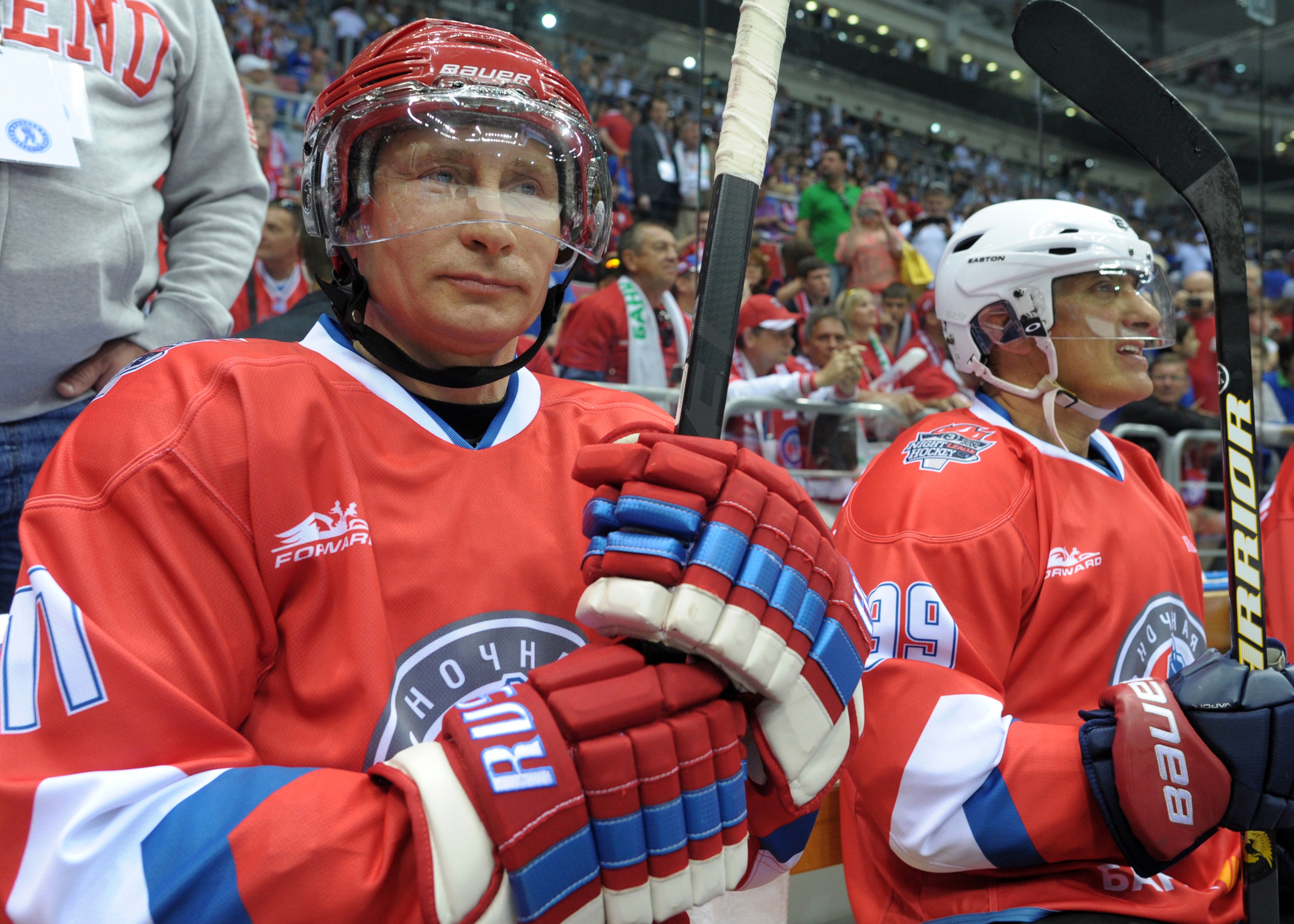I always say that the matter with Kansas is Kansans. Yes, sometimes while we’re busy with our lives our elected officials do things that the majority didn’t anticipate, but in the bigger picture I think we get pretty much what we deserve–what we desire, actually. That’s not the case in every country, but I do believe it to be true most often in America.
In analyzing Russia under Putin in a new Politico piece, Keith Gessen feels the same, arguing the state isn’t being led wayward by a rogue, but that he’s representative of the will of Russia, and history would not have unfolded otherwise had a different leader emerged at the time of Putin’s rise in 2000. An excerpt:
The other popular candidate to replace Yeltsin was Yuri Luzhkov, the mayor of Moscow. Luzhkov had become popular through his regular-guy image—he was short, chubby and plain-spoken and often wore a little peasant’s cap—and his ability to attract foreign and domestic investment to Moscow. In this he significantly out-competed the potentially better-situated former capital, St. Petersburg, which during the reign of Anatoly Sobchak and his right-hand man Vladimir Putin experienced an embarrassing run of dissolution, disinvestment, and outright criminality. Despite his success as Moscow mayor, Luzhkov was also fabulously corrupt—his wife, Yelena Baturina, went into the construction business and just happened to emerge as the first female billionaire in Russia—and in the end not particularly good at solving some of Moscow’s most pressing problems, like congestion. (Instead of investing in public transport, Luzhkov eliminated traffic lights and rammed through more roads, to little avail.) He was also a rabid Russian nationalist who had a nasty habit of declaring that Crimea was actually part of Russia. He particularly liked saying this while visiting Sevastopol, where the Russian Black Sea fleet shared territory with the Ukrainian fleet. It got to the point where the Ukrainian authorities declared Luzhkov persona non grata and refused him entry to the country.
These were the leading contenders for the presidency in early 1999. The calculus changed in the fall of that year when the relatively unknown Putin was appointed prime minister and the Yeltsin-friendly Channel One began a masterful defamation campaign against both Luzhkov and Primakov. Then the apartment bombings took place, serving as a pretext for another round of war with Chechnya. Putin was no longer a short, squeaky-voiced unknown but a wartime leader, and he was duly elected in (early) elections in March 2000.
The point is, even if Putin hadn’t come out on top, the other candidates were also nationalists who lamented Russia’s loss of superpower status.•
Tags: Keith Gessen, Vladimir Putin

